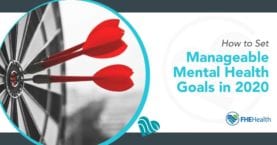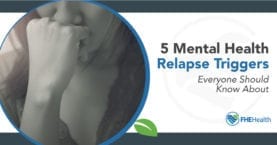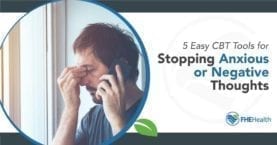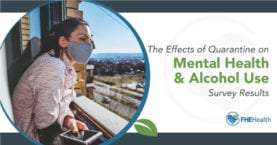These meetings are a sample of what is available, but this is not a complete list of peer support groups for those struggling with mental health and use disorders. There may be local meetings in your area that are not so widely known. Reach out to peer-based support services, local advocacy groups and recovery community organizations for more options in your area. There are also virtual options that cater to like-minded individuals that can be found through internet and social media searches.
12 Step based Recovery Support:
Secular Support (nonreligious)
Buddhist based support- nontheistic.
Christian based support:
Fitness based Recovery Support
Mental Health/Use Disorders Recovery Support
Family/Loved Ones Support – For loved ones with Mental Health Disorders and/or Use Disorders
- Families Anonymous
- NAMI Family Meetings
- Adult Children of Alcoholics & Dysfunctional Families
- Partnership to End Addiction – Loved one’s support meetings
- Al-anon
- Nar-anon
Mental Health Apps
- Moodpath: Gauge Feelings and Thoughts (Google, Apple)
- Daylio Journal: Document Daily Moods (Google, Apple, Web)
- What’s Up: Free CBD and ACT Therapy Guide (Google, Apple)
- FearTools Anxiety Aid: Manage anxiety and breathing exercises (Google, Apple, Web)
- Mindshift: For young adults with anxious feelings (Google, Apple, Web)
Why Seek Care Now?
Mental Health and Substance Use Disorder Educational/Advocacy and Support Resources:
- The Substance Abuse and Mental Health Services Administration (SAMHSA) – https://www.samhsa.gov/
- National Institute of Mental Health- https://www.nimh.nih.gov/
- Mental Health America – https://mhanational.org/
- World Health Organization – https://www.who.int/teams/mental-health-and-substance-use
- National Institute on Alcoholism and Alcohol Abuse – https://www.niaaa.nih.gov/
- National Institute on Drug Abuse – https://nida.nih.gov/
- Treatment Advocacy Center (Mental Health) – https://www.treatmentadvocacycenter.org/index.php
- Recovery Advocacy Project (Substance Use Disorder) – https://www.recoveryvoices.com/
- Faces and Voices of Recovery – https://facesandvoicesofrecovery.org/
- Partnership to End Addiction – https://drugfree.org/














